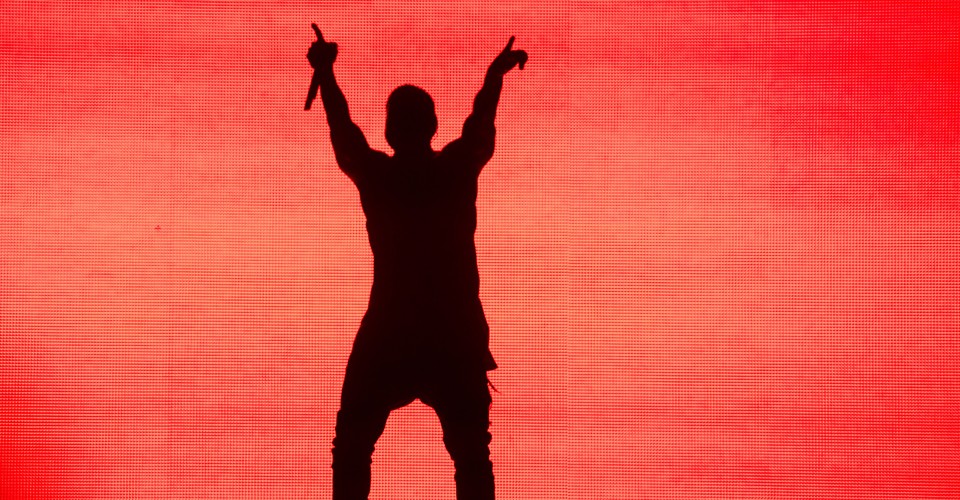 Kanye West’s Year of Breaking Bad
Kanye West’s Year of Breaking Bad
John Caramanica | The New York Times
“Rupture has long been the axis around which Mr. West’s career has turned—where most artists seek to create smooth narratives about themselves and get everyone else to play along, he instead prefers disruptive leaps, quick reframing and firebrand positioning. Stasis is his kryptonite.”
John Berger’s Rare Art Criticism
Elisa Wouk Almino | Hyperallergic
“Berger’s art criticism succeeds, I think, because of its tangibility —it is grounded in human experience, specific historical events, and always the physical marks on the artworks. In art writing, these qualities are rare, as enough of it panders to an art market which has given every indication of carrying on with business as usual under Trump.”
The Erasure of Islam From the Poetry of Rumi
Rozina Ali | The New Yorker
“Rumi has helped the spiritual journeys of celebrities—Chris Martin, Madonna, Tilda Swinton—some of whom incorporated his work into theirs. Aphorisms attributed to Rumi circulate daily on social media, offering motivation… Rumi is often described as the best-selling poet in the United States. He is typically referred to as a mystic, a saint, a Sufi, an enlightened man. Curiously, however, although he was a lifelong scholar of the Koran and Islam, he is less frequently described as a Muslim.”
George Michael and Carrie Fisher: The Week in Pop-Culture Writing
The Murakami Effect
Stephen Snyder | Literary Hub
“Murakami’s work begins and ends in translation. He creates fictions that are both translatable and embody translation in their themes and methods. His work moves between languages and cultures (and, perhaps particularly, into and out of English) with relative ease and fluidity, with few textual and stylistic impediments or difficult cultural contexts, but, rather, various mechanisms and textual markers that seem to invite and insist on translation as both theme and practice.






